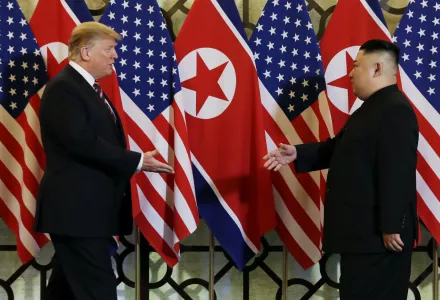The international community has worked for decades to combat the spread of nuclear weapons, but while some efforts succeeded in halting or even rolling back that spread, many others have backfired with dangerous consequences. As a result, those hoping to combat ongoing proliferation are left asking, of all these imperfect options, which policies work best, and do some actually do more harm than good? To answer these questions, Petrovics uses original data from 1945-2012 and within-case analysis of Iran and North Korea to test the effectiveness of common engagement strategies for combating nuclear proliferation. She shows that often cooperative inducements are more effective than coercive strategies, leading to nuclear reversal more often and with a lower risk of inadvertently increasing proliferation instead. But not all states are equally capable of combating proliferation; cooperation is most effective when offered by a rival power. However, this does not mean that great powers, or even superpowers, are always more effective. In fact, when these states instead choose to coerce they risk spurring greater proliferation. This work provides important policy insights for ongoing proliferation challenges today.




